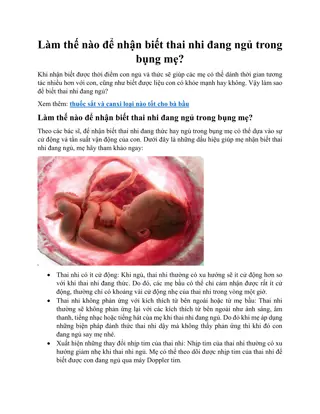Understand the Three Purposes of Research
Explore the realms of exploratory, descriptive, and explanatory research. Discover how each type serves unique objectives in the research process, from uncovering new problem areas to validating findings. Learn about the structured and unstructured approaches used in different research methodologies and get insights into crafting thesis/dissertation chapters effectively.
Download Presentation

Please find below an Image/Link to download the presentation.
The content on the website is provided AS IS for your information and personal use only. It may not be sold, licensed, or shared on other websites without obtaining consent from the author.If you encounter any issues during the download, it is possible that the publisher has removed the file from their server.
You are allowed to download the files provided on this website for personal or commercial use, subject to the condition that they are used lawfully. All files are the property of their respective owners.
The content on the website is provided AS IS for your information and personal use only. It may not be sold, licensed, or shared on other websites without obtaining consent from the author.
E N D
Presentation Transcript
There are three purposes of research: 1. Exploratory Research: As the name suggests, exploratory research is conducted to explore the research questions and may or may not offer a final conclusion to the research conducted. It is conducted to handle new problem areas which haven t been explored before. Exploratory research lays the foundation for more conclusive research and data collection.
2. Descriptive Research: focuses on throwing more light on current issues through a process of data collection. Descriptive studies are used to describe the behavior of a sample population. In descriptive research, only one variable (anything that has quantity or quality that varies) is required to conduct a study. The three main purposes of descriptive research are describing, explaining and validating the findings
3. Explanatory Research: Explanatory research or causal research, is conducted to understand the impact of certain changes in existing standard procedures. Conducting experiments is the mostpopular form of casual research.
Exploratory Research Descriptive Research Explanatory Research Highly structured Unstructured Research approach used Structured Research conducted through Asking research questions Asking research questions By using research hypotheses. Early stages of decision making Later stages of decision making When is it conducted? Later stages of decision making
Suggested Guidelines for Thesis/Dissertation Chapters Chapter 1: Introduction Problem Statement: Why is this research important? What are the objectives of this study? What are the testable hypotheses? Outline of thesis/dissertation. What do the next chapters cover?
Chapter 2: Literature Review Review of relevant literature. Compare/contrast previous literature with what you intend to do. How does your intended work extend the knowledge frontier?
Chapter 3: Research Methodology Develop the theoretical framework underlying this research. How would results from the testable hypotheses alter or support the proposed theoretical framework? How sturdy is this theoretical framework? Are there short-comings?
Chapter 4: Data Specifications and Collection Procedures Background information about data sources. Variable descriptions. Sampling procedures. Descriptive statistics.
Chapter 5. Empirical Model and Estimation Results Based on theoretical framework, develop empirical model. Discuss estimation procedure and testing. Discuss estimation results and test results.
Chapter 6: Summary, Conclusions and Recommendations Summarize your findings. Given your empirical results, what do you conclude? Based on your results and conclusion, what do you recommend? What are the limitations of your research? What else could be done? What do you recommend for future research based on your findings?





















